(Estimated Reading Time: 5 minutes)
Like any other country, Canada prioritizes ensuring its healthcare system is well-equipped and proficient in providing care to its general public. For this reason, Canada is among the world’s best in living standards and one of the go-to countries for aspiring nurses. By working as a registered nurse in the country, one can expect opportunities like career development and the possibility of tapping into permanent residency options.
Moreover, the country strives to bridge the gap by employing overseas nurses to fill these positions due to the shortage of qualified nurses. With such vacancies for registered nurses, Canada might be the perfect palace for an internationally educated nurse like you!
RN Canada Process
Becoming a registered nurse in Canada involves elaborate steps before being granted the license to practice nursing there. The RN Canada process includes multiple assessments of your requirements and credentials to ensure that you are qualified for the job.
Step 1: Apply for Credential Assessment
Composed of 18 Nursing Regulatory Bodies across Canada, the National Nursing Assessment Service (NNAS) assesses Internationally Educated Nurses’ (IENs) credentials. The first step of the IENs must submit their credentials—identity documents, educational background, etc.—to evaluate and verify.
Step 2: Waiting for Advisory Report
After submitting the necessary documents to the NNAS for their assessment, they will evaluate the IEN’s credentials and compare them to Canadian nursing education. They do this assessment to ensure that the IEN applicant is on par with the Canadian nursing standard. During this step, IENs wait for the NNAS’ to issue an Advisory Report, after which they will release it to their chosen Regulatory Body.
Step 3: Apply to a Specific Board of Nursing
When you’ve chosen which BON in Canada you want to work in, ensure you submit all the required documents in your application. These documents get assessed, and note that they may vary for each BON.
Step 4: Wait for Approval
After submitting the application and the BON of your choice receiving it, they will check to ensure its completeness. At this point, IENs will wait for the BON’s assessment and approval. Once your chosen BON declares the application eligible, they will issue you an Authorization to Test (ATT). The ATT waiting time can typically take 6-8 weeks, depending on the BON.
Step 5: Exam Registrations and Booking
After acquiring the ATT, you may then proceed with scheduling your NCLEX-RN Canada exam within the validity period listed on the ATT.
Step 6: Pass the NCLEX Canada
The road to your Canadian nursing dreams includes being able to pass the NCLEX-RN Canada. With Canada fairly recently adopting the NCLEX in 2015, nine out of ten Canadian provinces and two out of three territories administer this exam. The exam employs the same criteria in measuring a test taker’s nursing competency as its NCLEX-RN USA and NCLEX-RN Australia counterparts.
Step 7: Jurisprudence Exam
Taking the Jurisprudence Exam enables the BON to assess your understanding of the governing laws, regulations, and practice standards of nursing in Canada. The exam’s content may include nursing rules and ethics and professional responsibility.
Step 8: Apply for a Conditional Permit
For IENs like you, applying for a conditional permit to work as a Graduate Nurse (GN) enables you to practice the profession while waiting for your NCLEX-RN Canada or other exam results. It also allows you to comply with the required hours to practice nursing some BONs require as part of their process.
Step 9: Comply with the Required Hours to Practice
After your conditional permit, you must fulfill the required hours to practice as a nurse in Canada. Additionally, the necessary hours vary per BON, and note that you must be in Canada to comply with this.
Step 10: Take the Licensure Exam
Like the RN Australia process, RN Canada also assesses an IEN’s real-life or practical nursing competency through the Objective Structured Clinical Examination (OSCE). Expectations are that you must demonstrate your clinical competency as it tests how safe you are as an entry-level nurse.
Step 11: Criminal Background Check
In this part of the RN Canada process, having a criminal background check is necessary to determine if you’ve had any prior charges or disciplinary proceedings against you. Additionally, it ensures that they do not present any risk to the healthcare sector before employing any applicant.
Step 12: License Registration
Once you have received and passed the exams and assessments before this stage, you can proceed with the license requisition.
RN Canada Processing Time
The processing time for IENs in Canada varies depending on their chosen BON. Typically, the NNAS Assessment can take about 12 weeks to complete, while the average BON Assessment and Approval duration can take 9 to 12 weeks. Moreover, the waiting time before issuance of an ATT for the NCLEX-RN Canada can take about 6 to 8 weeks.
Once you finish taking the NCLEX-RN Canada, the exam result will take about 4 to 6 weeks to receive. Furthermore, the Licensure exam result can take 4 to 6 weeks, and the License Registration takes about 6-8 weeks.
Summing-up
Pursuing a nursing career in Canada is undoubtedly promising, although it involves various steps for you to complete to be a registered nurse in the country. The application process to be a registered nurse in Canada as an IEN may be challenging for some. However, IPASS Processing is here to lend you a hand with such endeavors. Committed to our mission, we ensure to assist IENs in achieving their Canadian nursing goals.
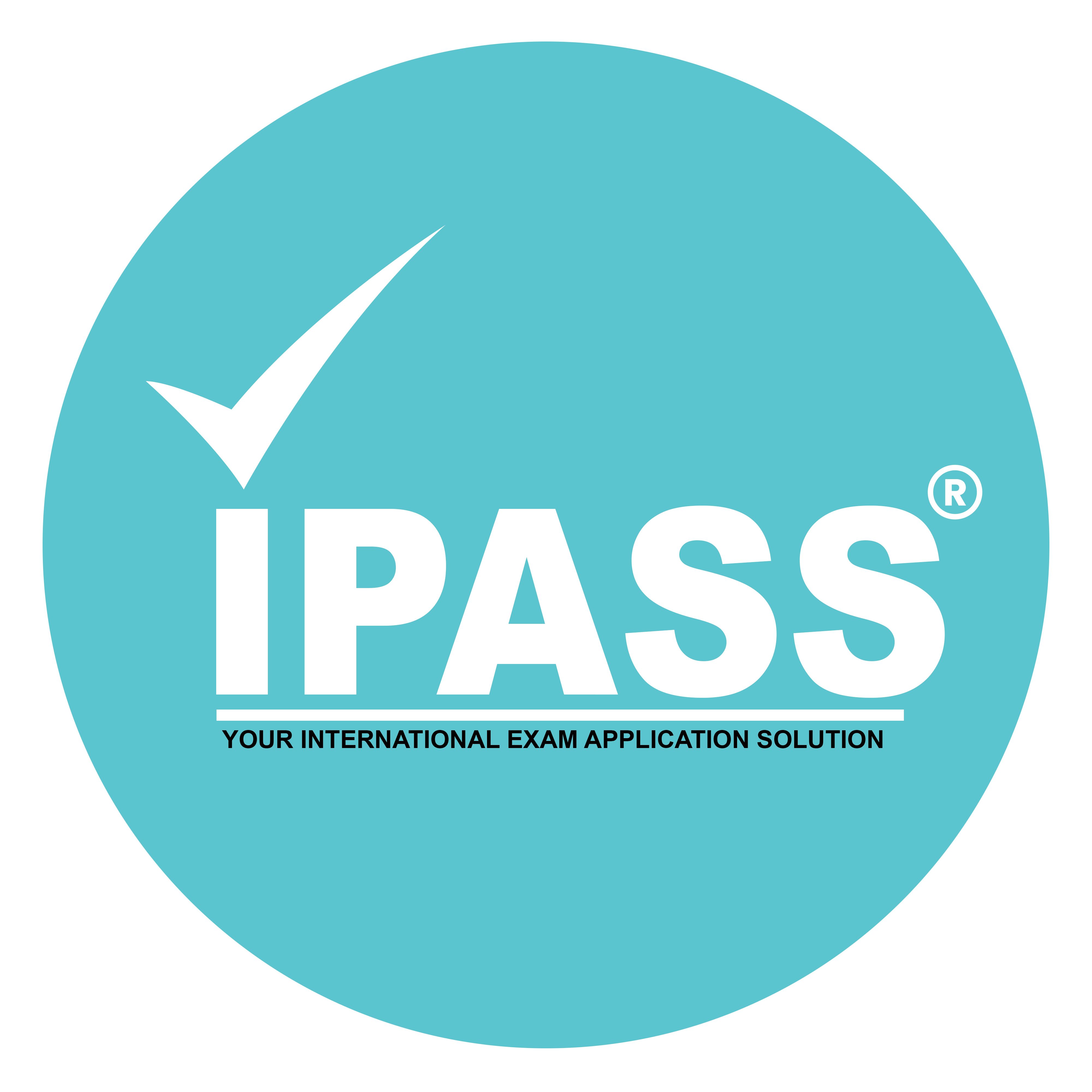
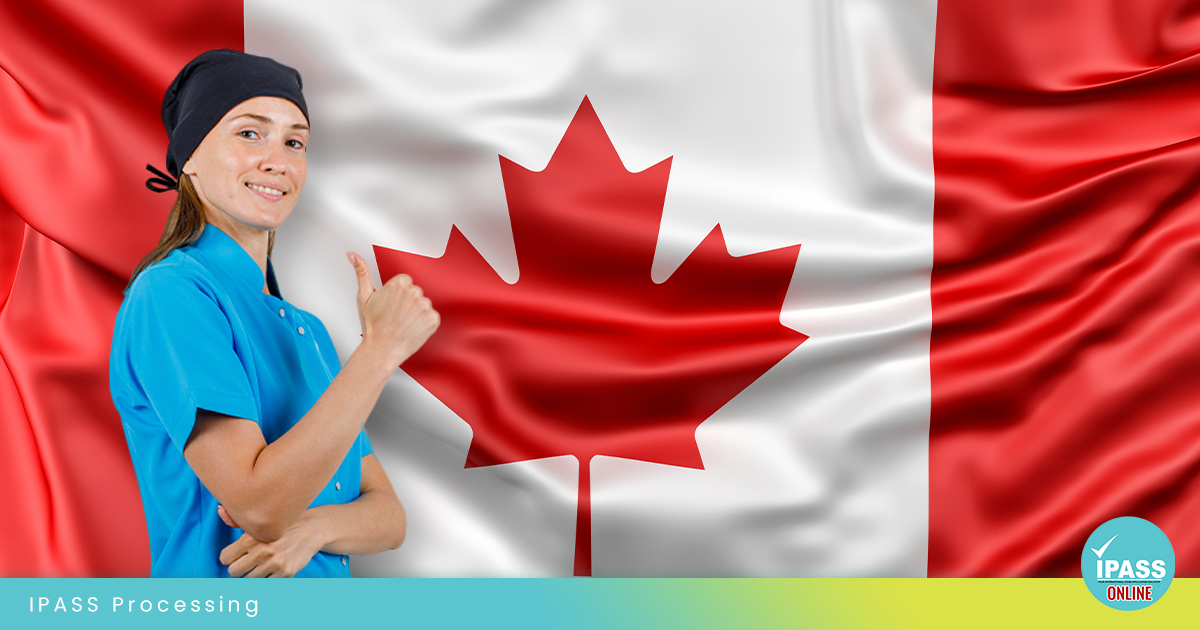





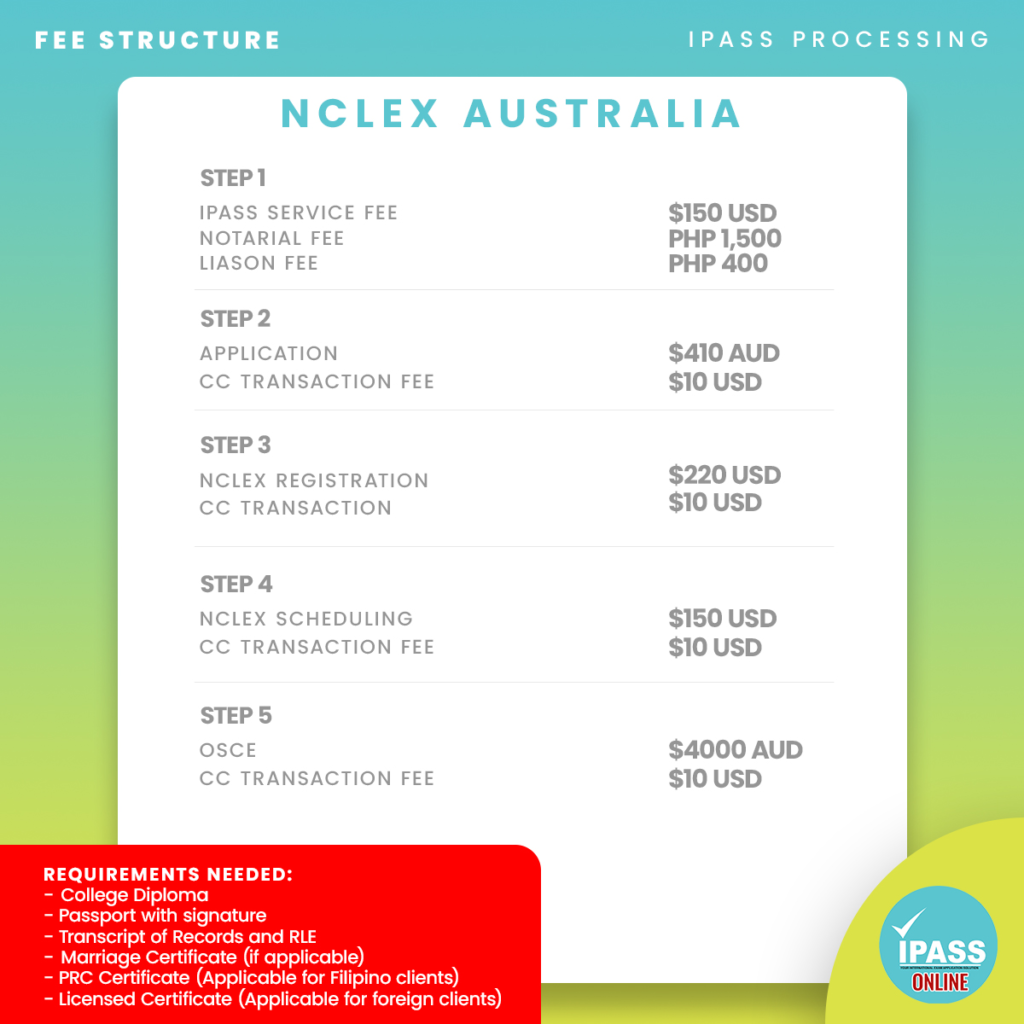
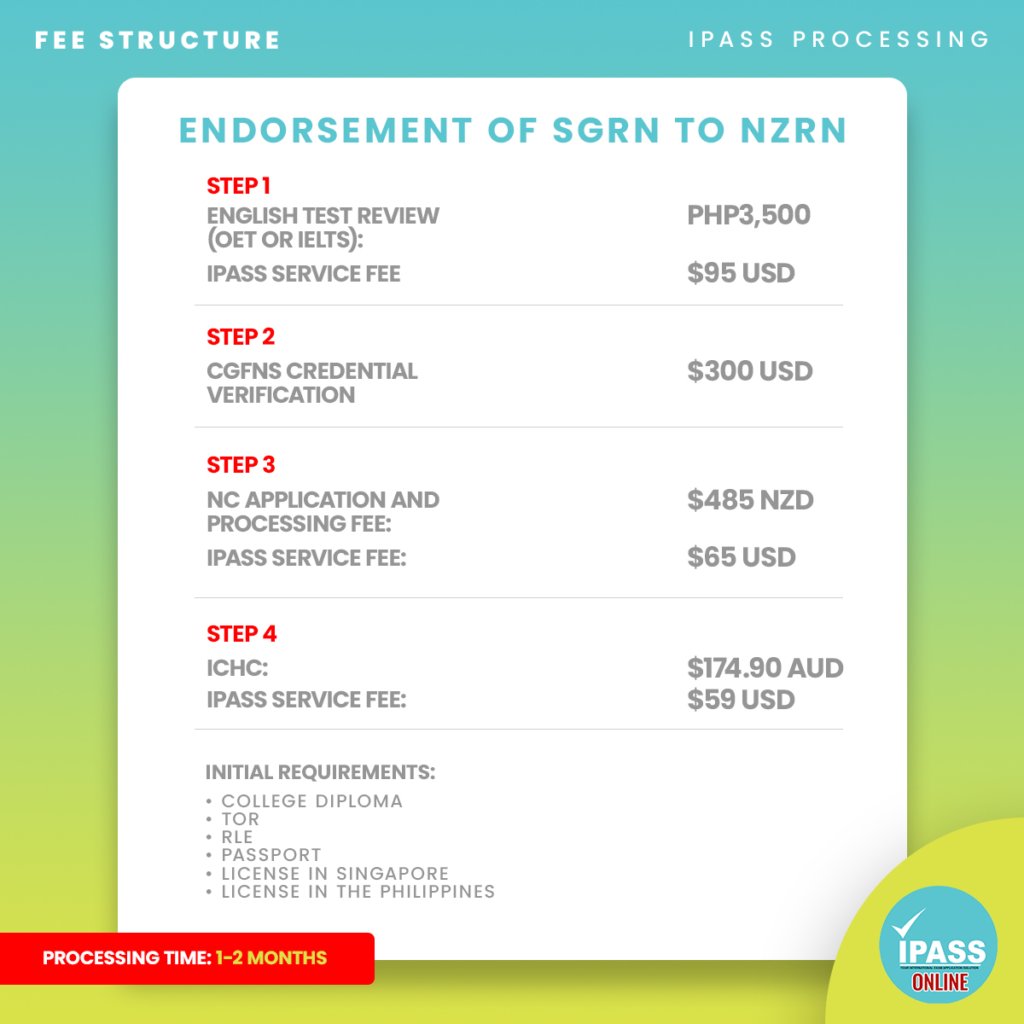
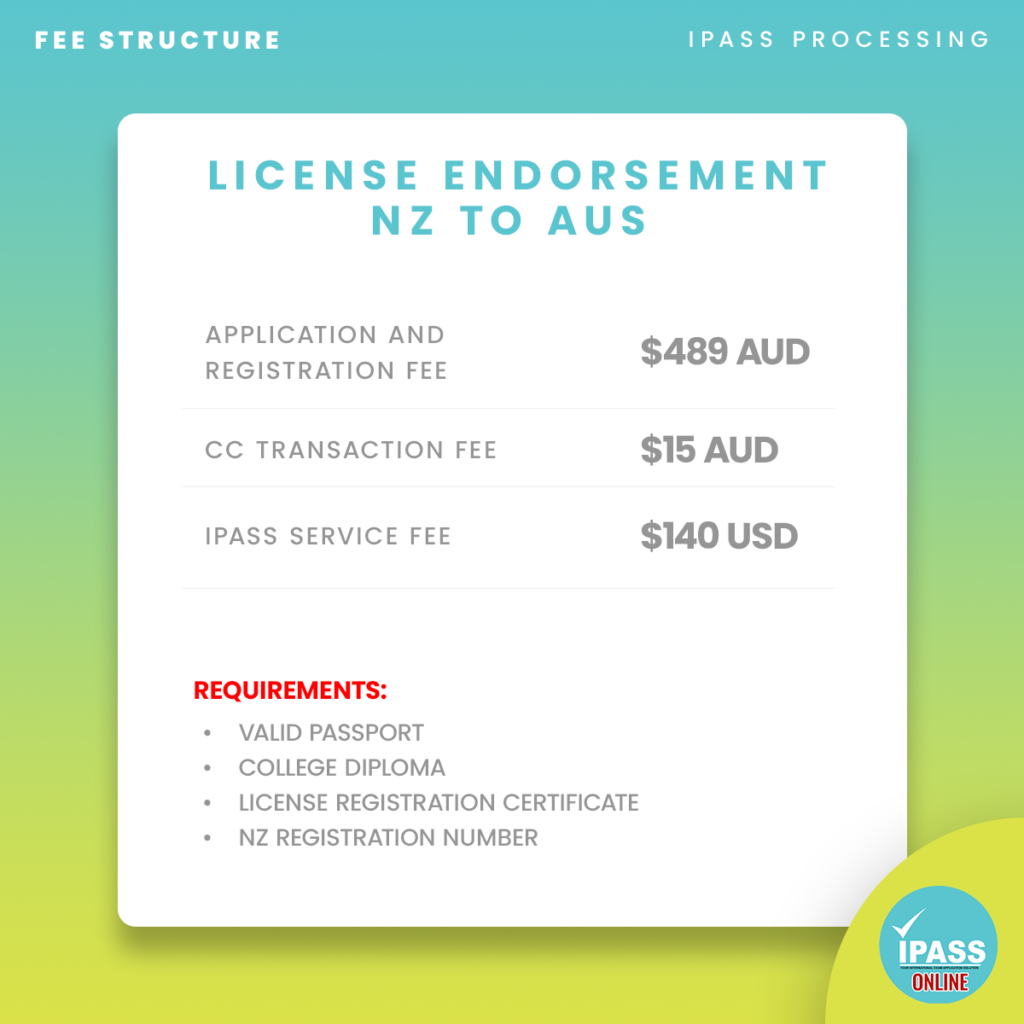
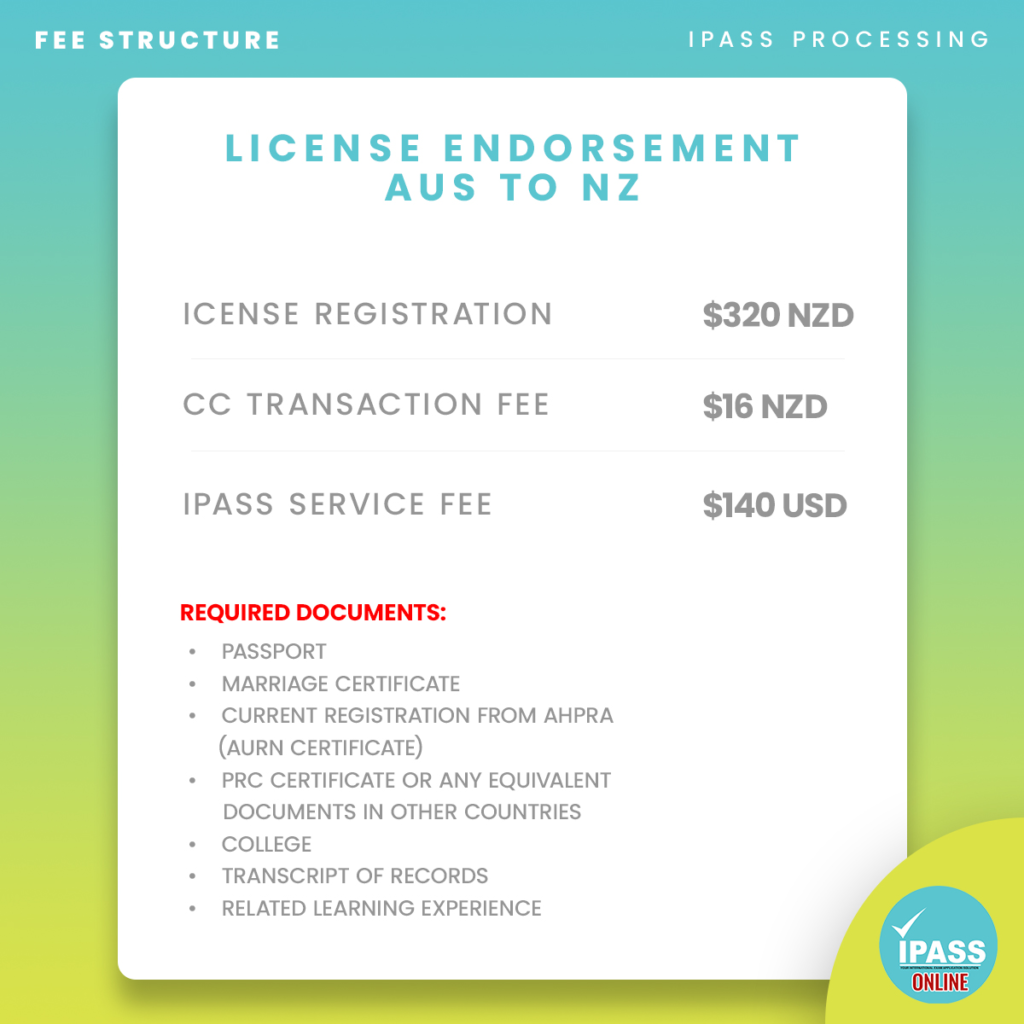
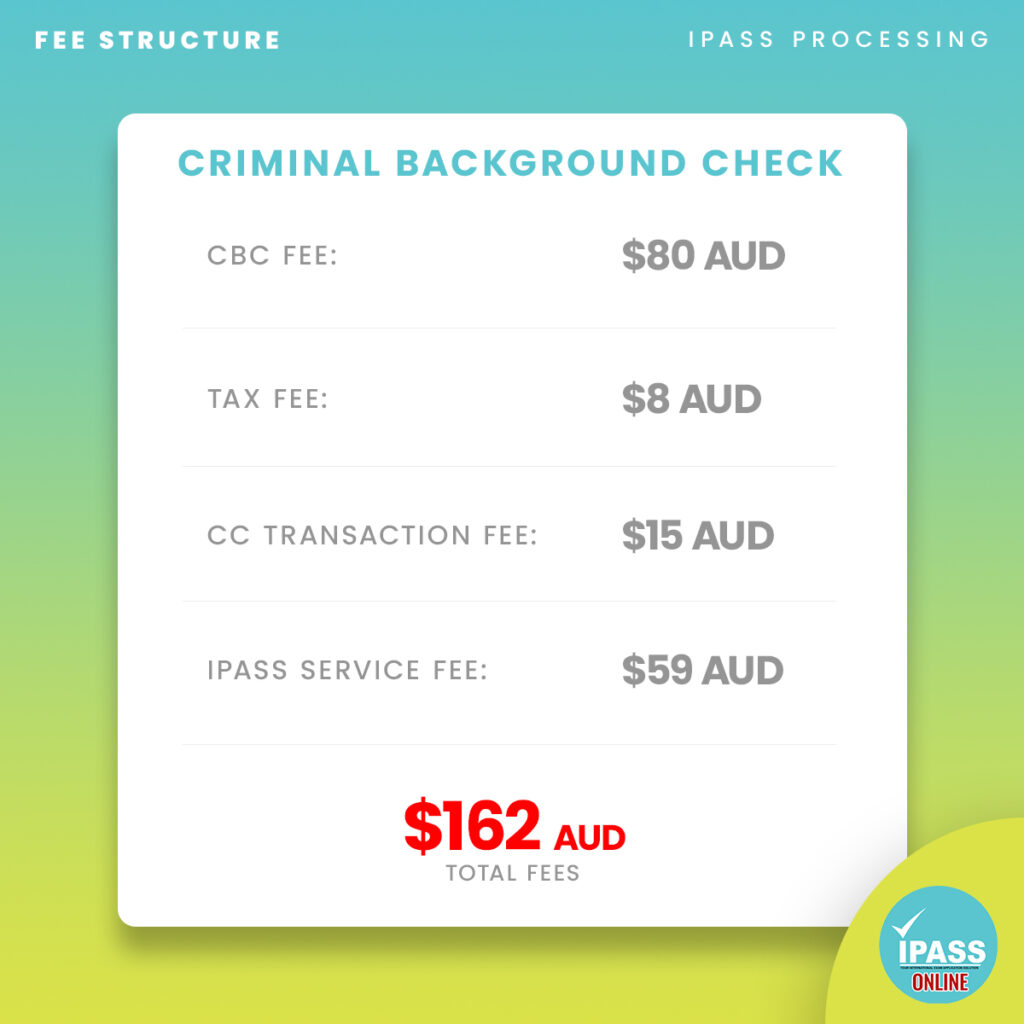
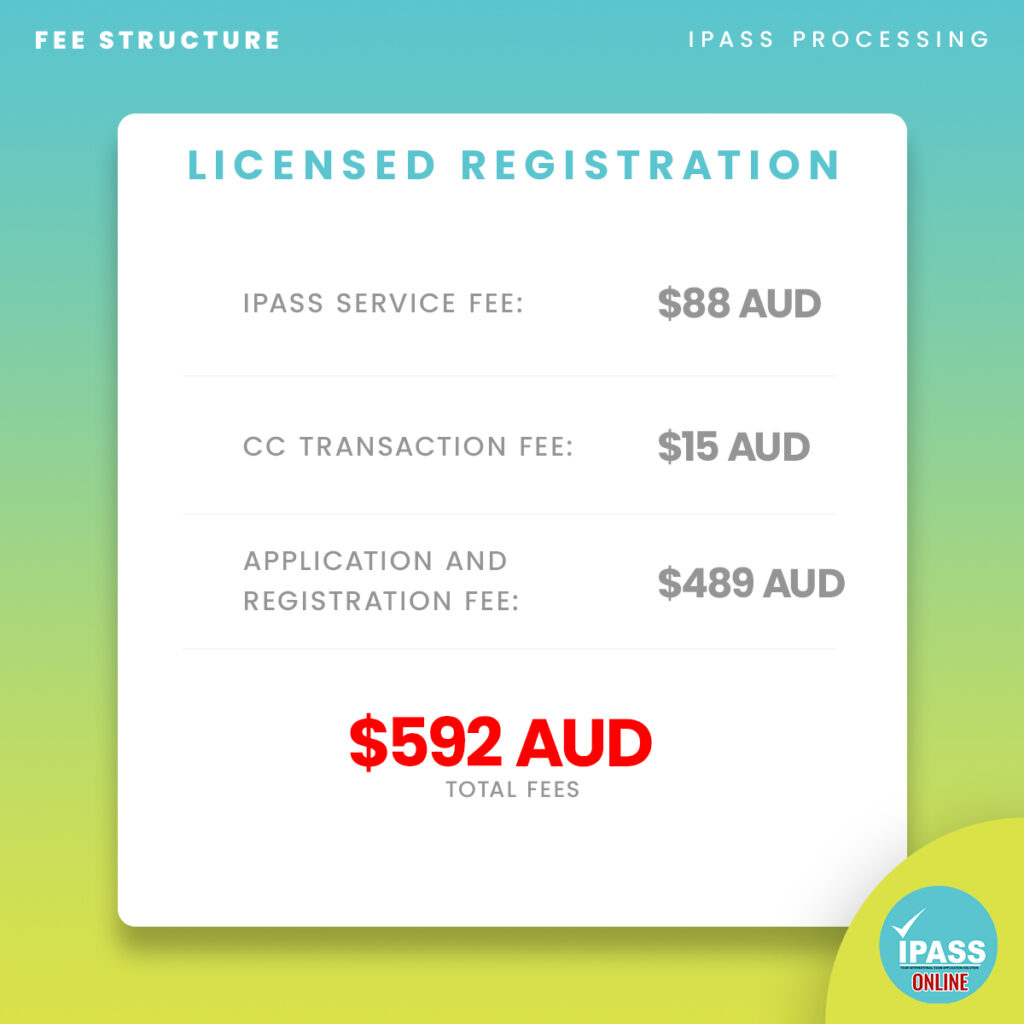
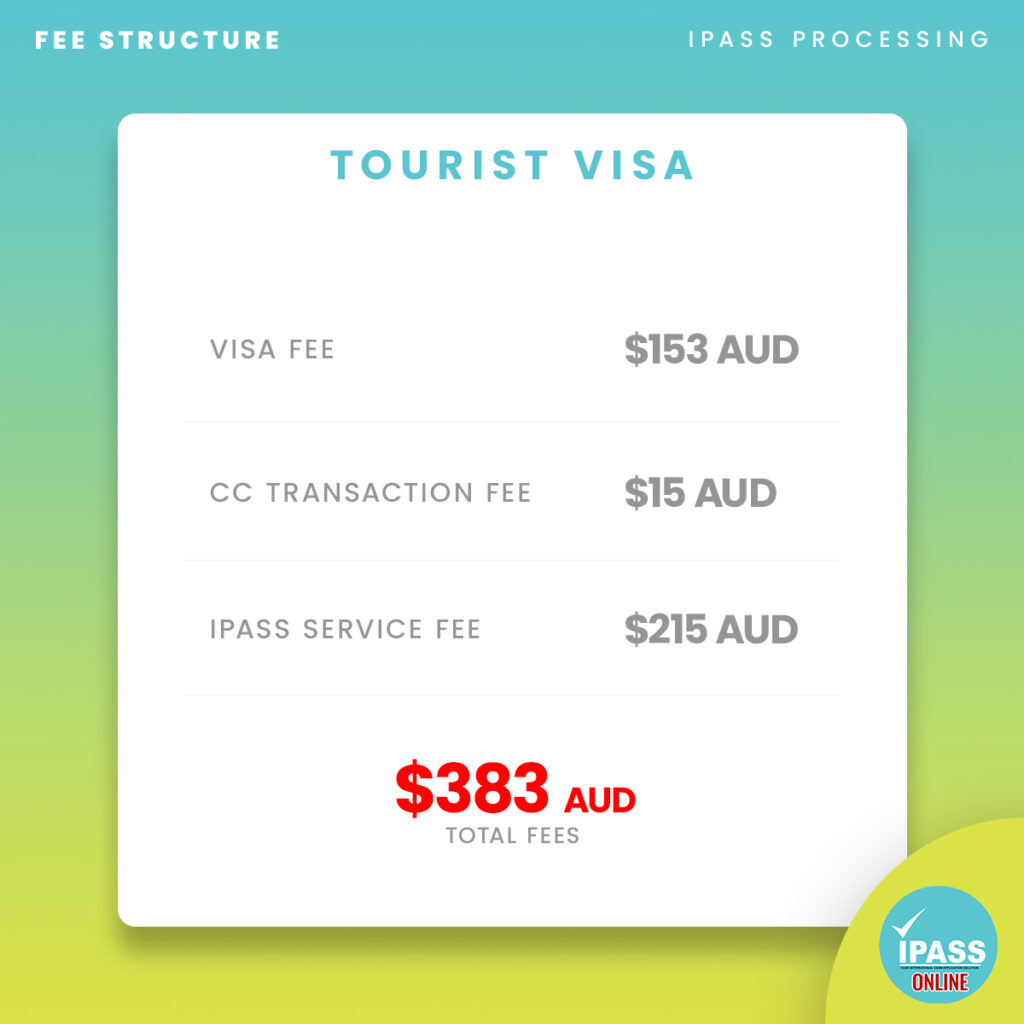
No Comments